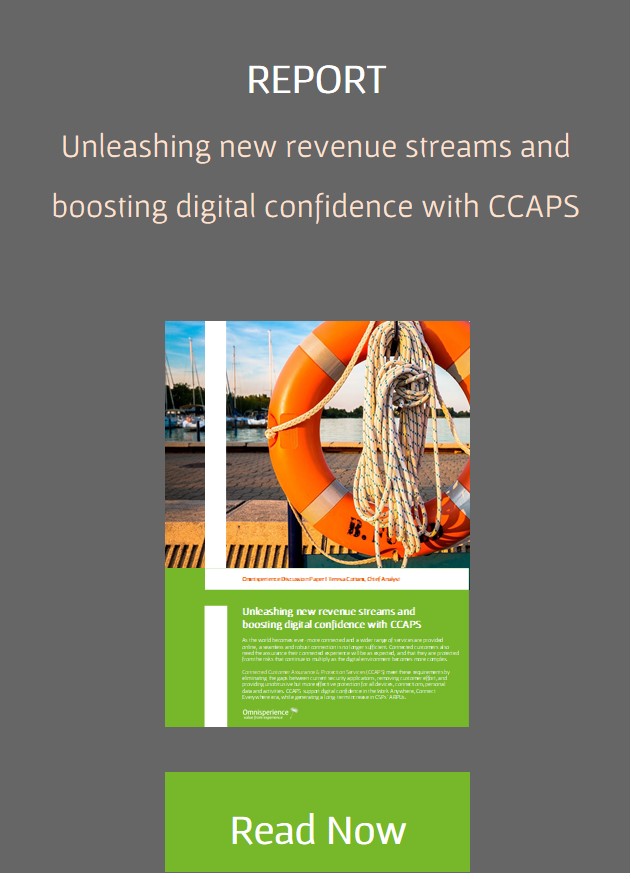Tel Aviv-based Vdoo has extended its Series B funding to $57 million with a strategic investment of $25 million from Qumra Capital and Verizon Ventures. This takes the total capital raised to $70 million.
Qumra Capital and Verizon Ventures join existing investors 83North, GGV Capital, WRVI Capital, Dell Technologies Capital, NTT DOCOMO Ventures, MS&AD Ventures, and private investors.
Vdoo has been developing AI-based cybersecurity for IoT devices, initially focusing on large industrial deployments, medical systems, communications infrastructure and automotive. The latest round of funding, which is an extension to its Series B round in 2019, will be used to expand its offering into the telecoms and smart utility space.
The founders have a strong track record. Netanel Davidi’s and Uri Alter’s previous startup, Cyvera, was acquired by Palo Alto Networks. CTO Asaf Karas spent almost 15 years leading security research at the Israeli Defense Forces where he was awarded the Israel Defense Prize.
The latest round of funding will see Vdoo becoming a CCAPS vendor and, as such, the Verizon and NTT DOCOMO investments take on a new significance. It should be noted that telecoms firms have been investing in this sector strategically. Liberty Global, for example, has invested in Plume (see Virgin Media rolls out CCAPS offer) and A1 Austria in Whalebone.
Typically, CCAPS vendors use two approaches to securing home IoT devices. Some focus on monitoring the activity of the hardware and how data is moving in and out of it. Others protect the home gateway, as a means of protecting the devices themselves. Vdoo takes a different approach. Its platform monitors the behavior of the devices themselves, with its AI engine comparing their behaviour to understand if devices are working as expected. It generates specific on-device micro-agents to monitor, detect, repair and protect IoT devices, which enables its platform to analyse the software, hardware and firmware to uncover any security flaws and prioritise their remediation.
This is an interesting approach, because by default not only can the engine detect a cybersecurity issue but potentially it can also detect a functional issue – enabling telecoms firms to additionally offer assurance of smart objects and protect households’ privacy by ensuring that data is not accidentally leaked. Vdoo’s platform therefore plugs a key gap that some vendors have in their portfolios and makes it an attractive partner.
Boaz Dinte, managing partner of Qumra Capital, explains why his firm has invested: “Vdoo’s unique device-centric, deep technology automated approach has already brought immediate value to vendors in a very short period of time. We believe the market opportunity is huge, and with newly infused growth capital, Vdoo is well-positioned to become the leading global player for securing connected devices.”
Omnisperience view
Vdoo wasn’t wrong in identifying a huge opportunity to secure industrial IoT devices. But it’s now recognised that consumer devices are an equally huge market, and poorly secured. This causes problems for households but also to small businesss and homeworkers.
In addition to the direct risk, poorly secured domestic devices can also be utilised in large scale DDoS attacks and as a back door into B2B environments. It’s in everyone’s best interests to get this fixed.
Telecoms firms all over the world have identified the emerging CCAPS space as strategic and are both investing in vendors and partnering with them to deliver end user services. CCAPS is one of the hottest spaces in telecoms at the moment, with Omnisperience forecasting that within 24 months 80% of the world’s major telcos will have an offering in this area. The involvement of both Verizon and NTT DOCOMO puts Vdoo in a good position to exploit this market, while its particular offering fills a gap in many existing CCAPS solutions.
To keep up- to-date with CCAPS, download our complimentary paper, check out our vendor directory, and subscribe to our CCAPS Tracker (OCT).



